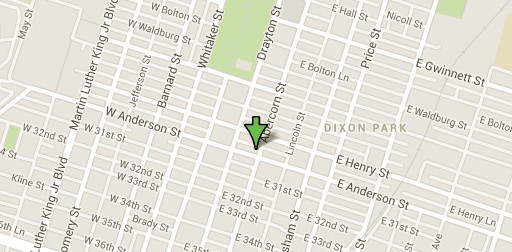It’s normal for teeth to have a little bit of give in them, to be able to move slightly. However, anything beyond just the slightest perceptible motion is probably a sign of periodontal disease. This condition affects about two-thirds of all American adults to some degree, though the severity of disease necessary to make your teeth loose is less common.
What if you’ve talked to your regular dentist and gotten a clean bill of periodontal health? What might be the cause then? It’s possible you are suffering from TMJ–or have the conditions that will cause it–which most dentists are not prepared to treat.
Understanding a Bad Bite
Normally, your teeth fit together without putting too much stress on any individual tooth. However, if your teeth aren’t coming together properly, you may be subjecting one or a few teeth to excessive bite force. Sometimes, too, you may have bruxism, or teeth clenching. This can subject all of your teeth to excessive force.
Bite Force Loosens Your Teeth
Your teeth aren’t connected directly to your bone. Instead, they’re bound in place by gum tissue and by periodontal ligaments, tough but flexible fibrous soft tissue. When you subject your teeth to excessive bite force, these ligaments can become stretched, and your bone can become stressed, which may lead to bone recession. This is the same body response that allows us to straighten your teeth using Invisalign or other methods that put constant, controlled force on your teeth.
What to Do if Your Teeth Are Loose
If you are experiencing loose teeth, start by talking to your general dentist about it. They have records of your past oral health and can tell if you have had periodontal disease that requires treatment.
If you don’t have gum disease, it’s time to talk to a neuromuscular dentist, who can identify and fix bite problems. To schedule an appointment with a Hilton Head neuromuscular dentist, please call Beyond Exceptional Dentistry at (843) 706-2999.




